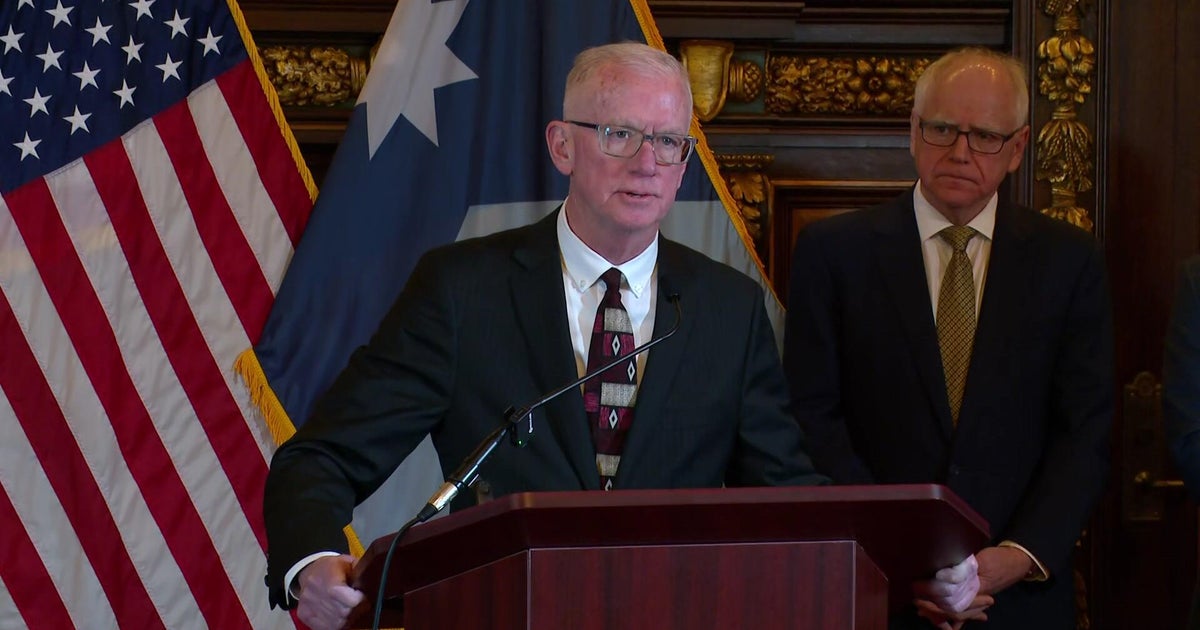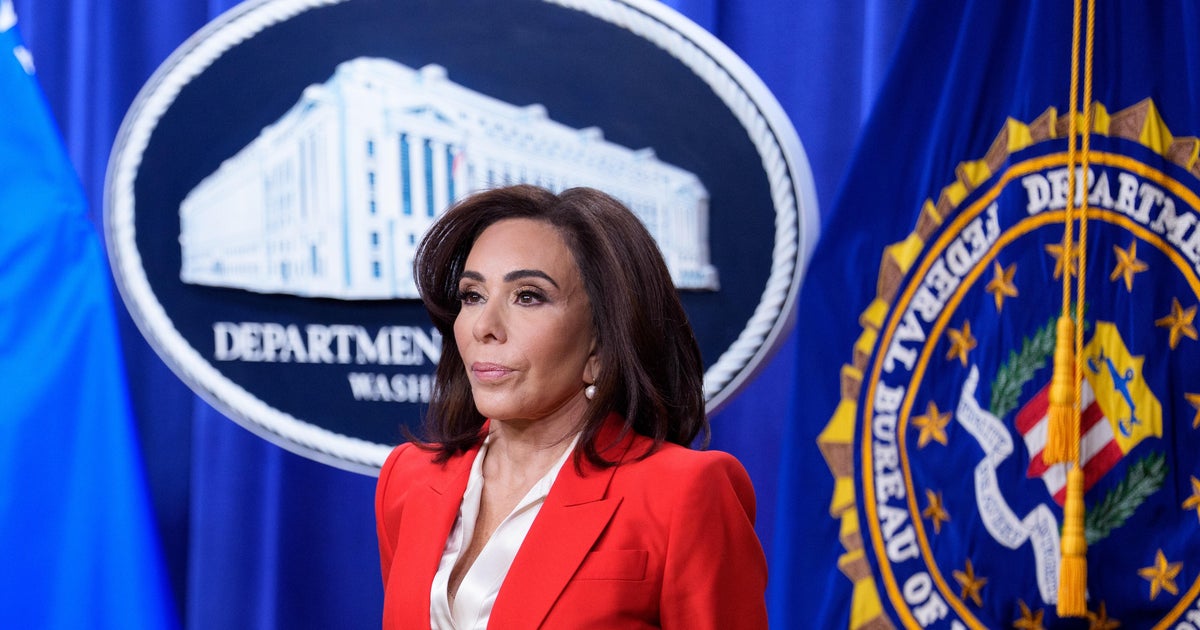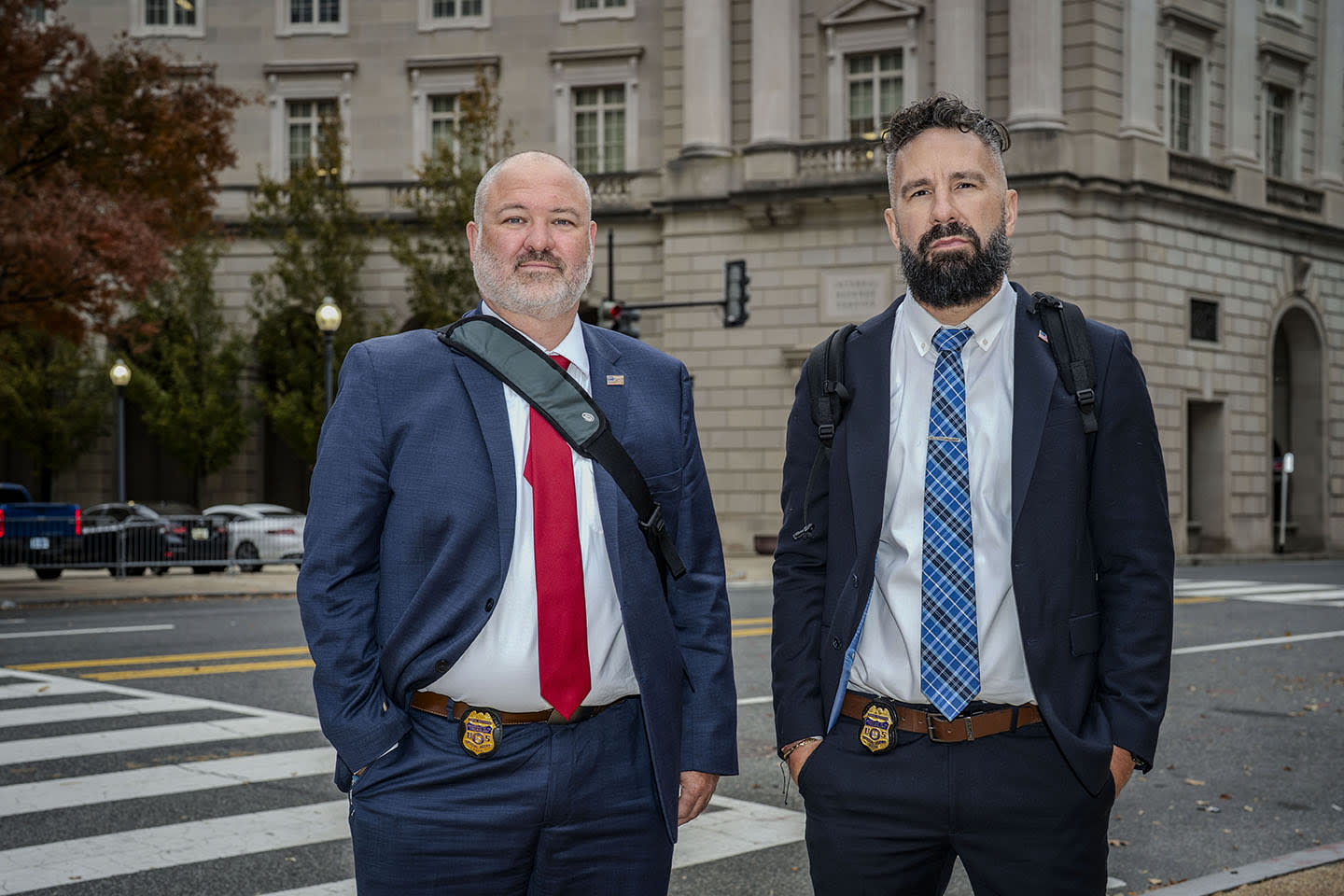Here's how the Biden administration plans to collect $700 billion from wealthy tax cheats
The Biden administration is looking to make sure taxpayers — largely the wealthiest Americans — pay the taxes they legally owe. The Treasury Department estimated that the so-called tax gap, or the difference between what is owed and what was actually paid, was nearly $600 billion in 2019 and will reach $7 trillion over the next decade.
Treasury officials say the tax gap disproportionately benefits higher earners and the goal with their tax compliance agenda released Thursday is to promote equity in the tax system. The administration says while 99% of taxes due on wages are paid to the IRS, compliance on less visible income sources is estimated to be just 45%, according to a Treasury Department report.
Officials speaking to reporters said people who make less than $400,000 a year won't be audited any more often than in recent years. This comes as the president has vowed he would not raise taxes on those making less than $400,000.
Through a series of four initiatives the department outlined to help close that gap and make sure Americans owing taxes pay up, Treasury officials believe the IRS would be able to raise $700 billion in additional tax revenue over the next decade — and $1.6 trillion in the following decade as implemented changes reach their full potential.
The first step in the president's tax administration effort is a multi-year plan to rebuild the IRS, spending nearly $80 billion to hire and train agents focused on complex enforcement activity, modernize its IT and improve data analytics. The Treasury Department believes this would help regain ground the agency has lost with budget cuts and therefore a declining workforce over the past decade — including specialized auditors who conduct high-income individuals and complex business tax structures. The agency wants to hire at least 5,000 new enforcement personnel. Treasury officials estimate these changes will allow the agency to collect, on the conservative side, an additional $320 billion over the next decade alone — a roughly 4 to 1 return on spending.
The Biden administration also wants the IRS to get more complete information from third parties such as banks to help verify reported filings. Third-party information such as W-2 forms already help the IRS verify taxpayers' income, and help the government collect more than 95% of taxes owed. Now, the president's proposal seeks to gather information from financial institutions about the accounts taxpayers have, such as the flow of money in and out of bank accounts, which will help it better target enforcement and increase its examination of wealthy tax evaders. Officials say this would not add requirements on taxpayers.
Treasury officials claim this would result in more voluntary compliance as well through deterrence as the IRS increases its tools to detect unreported money. They estimate the changes, which are based on the bank reporting going into effect in 2023 with implementation, would generate $460 billion over the next decade.
The proposal would also pay to overhaul the technology used by the IRS to help identify tax evasion as well as serve customers. The current system dates back to the 1960s — which officials say is the oldest in the federal government. According to Treasury officials, modernization money would allow the IRS to address challenges with its technology and develop systems to better identify suspicious tax filings, including via machine learning. At the same time, such changes would also improve taxpayers services and make it easier for taxpayers to communicate with and receive guidance from the IRS in a clear, timely manner, officials argue.
As the IRS continues to process returns following the May 17 federal filing deadline, the agency has been taking heat from lawmakers and taxpayers for its strained customer service and backlog. Speaking at a hearing on Wednesday, Commissioner Charles Rettig said at one point, the agency was receiving as many as 1,500 calls per second. The average call time has also increased from 14 minutes historically to 19 minutes on average as the IRS took on additional pandemic relief responsibilities.
At the same time, at its peak, the agency was receiving 335 submissions per second for the 2021 tax filing season. Through May 14, just three days before the filing deadline, the IRS had processed 124 million returns and issued 89 million refunds totaling $253 billion. On the final day of filing, the agency received a record nearly 15.4 million returns.
The administration also wants to regulate paid tax preparers and increase penalties on those who commit or abet evasion. According to the administration, taxpayers often use unregulated preparers who lack the training to provide accurate assistance, and they submit more returns than all other preparers combined.
The amounts the administration collects could end up being higher than these estimates, officials say, because they rely on estimates of current enforcement and don't account for the benefits of other changes in tax administration. While the estimates include taxes people are expected to pay voluntarily, the increased enforcement does not also account for deterrence, which officials believe could be "significant."



